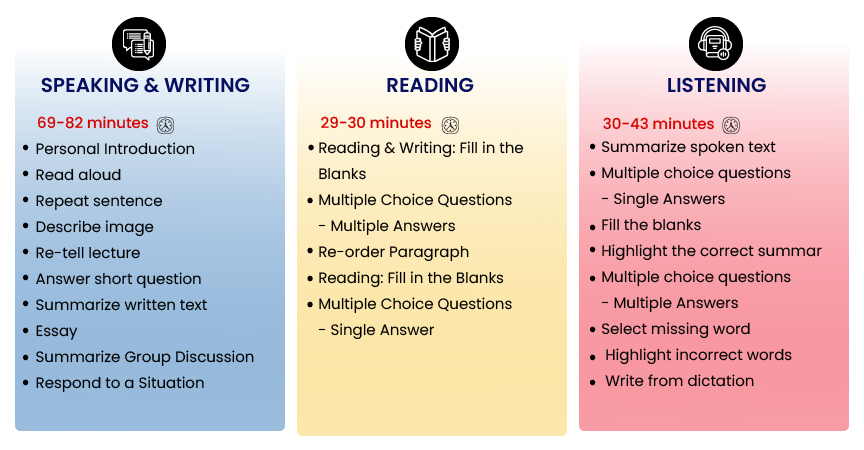Top 5 Tips to Master Pronunciation with German Tongue Twisters

Strong 8k brings an ultra-HD IPTV experience to your living room and your pocket.
German pronunciation is, without a doubt, not easy at first. It is one of those things you think you have achieved until you don’t. Many students struggle at the B1 level whenever they try to say a long word. However, German tongue twisters can help you way more than you expect. You may start slow and fumble through the words. Then, without even realizing it, you are saying things clearly, faster, and sharper. If you are stuck at B1, trying to sound more natural, this could be your secret weapon. Follow this article to master German with tongue twisters.
Master German Pronunciation: 5 Fun Tongue Twister Tips
You may want to sound more like a native German speaker. Follow this guide and explore fun and practical tips using German tongue twisters. These pointers will help you improve your pronunciation and boost your confidence, no matter your skill level.
1. Start Gradually and Concentrate on Precision
Have you ever tried saying a German tongue twister fast? It may be fun at first. However, it somehow leads to chaos. Many times, the sounds trip over each other. Here is the thing: going fast is not the point, especially when you are beginning to practice tongue twisters.
You must slow down your learning. Every syllable and every sound feels like picking apart a puzzle. So, you must make it apparent before you get it quickly. German tongue twisters mess with your articulation. Therefore, you must take it line by line. Moreover, you can break up complex words. Say them like you are teaching them to someone who has never spoken a word of German. Speed may come later, like a reward for patience. So, you must practice those words clearly first. Afterwards, you can sprint.
2. Record Yourself and Listen Back
Have you ever tried to say a tongue twister and think, nailed it, only to hear yourself later and regret it? Here is the thing: when you speak, your brain is juggling too much with words, rhythm, and confidence. You miss stuff, especially pronunciation slips.
That is why you should record yourself. All you have to do is pull out your phone and open the voice recorder app. Next, say the varied German tongue twisters two or three times. Then, you must play it back. You can also find a native speaker’s version on YouTube, language apps, or wherever. Listen closely, yours vs. theirs, and spot different parts.
3. Use Tongue Twisters in Your Daily Routine
Consistency is the whole game when it comes to mastering pronunciation. You do not need an hour to practice. Five minutes is plenty. Picture this—you are brushing your teeth, half awake. And you are mumbling some weird German sentence. This may sound odd and feel even awkward, but it works. Every morning, you must mumble and practice German tongue twisters. With time, your mouth will stop fighting the sounds, and your tongue will feel less clumsy.
It will not only be a tongue-twister practice anymore. Instead, it will become a ritual or a mini-battle you win daily. You can also try it in the car or while walking to class. Just say it and then repeat it. The key is to fumble through it till you do not. This habit will turn passive learning into physical memory. And one day, you will say it without thinking.
4. Visualize the Words as You Speak
You are sitting there, practicing B1 level German, one word after another. It is going okay. But then, you trip, and the sounds do not match the letters. This moment is when most students hesitate, unsure if they are progressing. Here is a trick that helps you practice better: close your eyes and try to see the word, not just say it. Let the visual memory guide your pronunciation—it is a minor shift, but at the B1 level, it makes a big difference.
German is like that, usually phonetic. What you see is what you get. So, picture the word. This way, the sound and the spelling meet in your head, and it sticks better. Tongue twisters can be chaos without this. But once you start visualizing them, it clicks. This may not always happen right away, but you will feel it. Suddenly, you find yourself speaking smoothly. Most notably, you become more sure of yourself. With fewer pauses and less second-guessing, you are not only repeating sounds, but you know them.
5. Practice with a Partner or Tutor
Tongue twisters are complex. But doing them alone is even more complicated. Thus, you must practice them with a friend or a tutor. You both can go back and forth. One says it, then the other. You can also do it faster to see who wins.
Things work out better when you have someone else there, especially if they are a native speaker or just really good. They will hear the tiny things you do not know you are doing wrong. So, you must practice with someone and make the entire experience more memorable and fun.
Summing It Up
The first time trying a German tongue twister can be a disaster. You may trip over every word, but these small mistakes, stumbles, and struggles help you grow over time. Thus, you must use tongue twisters to gain an edge. At the B1 level, you know many words and understand stuff. But speaking may still feel slow and a bit awkward. That is where tongue twisters come in. They shape the sounds the right way. You must not skip these tips. Follow them often and watch yourself change, notably, if you aim to sharpen your B1 level German into something that actually flows.
Note: IndiBlogHub features both user-submitted and editorial content. We do not verify third-party contributions. Read our Disclaimer and Privacy Policyfor details.







